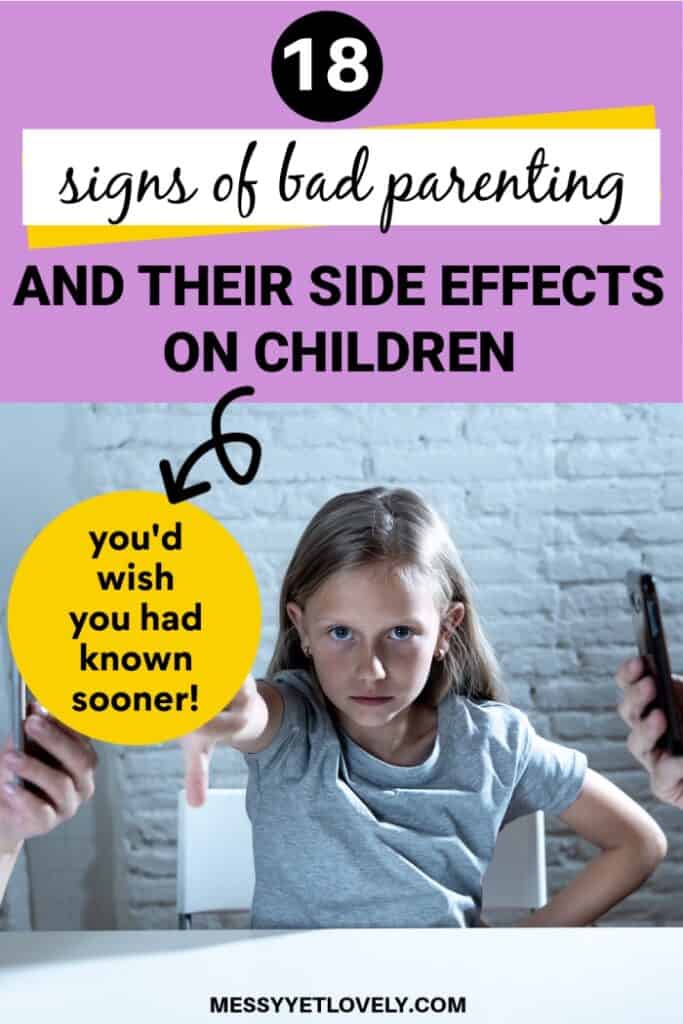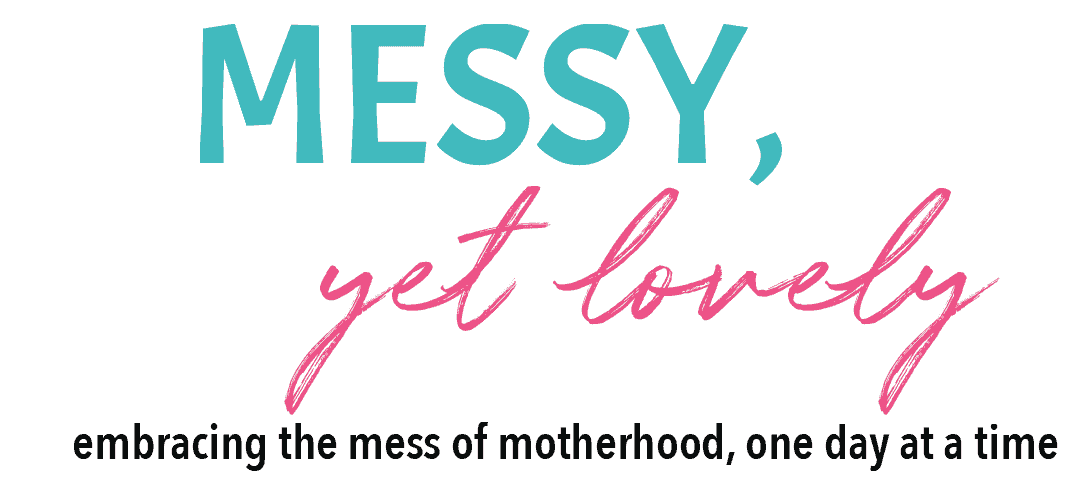One of the hardest roles you will ever play in life is that of a parent.
If some days are extremely rewarding as a parent, on some other days, you are frustrated and might hate being a parent.
We do not become parents after becoming fully educated and qualified to be one. We learn on the way.
And that could lead to making many parenting mistakes. And some mistakes can even cost the self-esteem and healthy upbringing of our children.
If we do not understand these mistakes and continue with bad parenting, it can have a lasting impact on our kids.
The following are some signs to look for, to evaluate if you are doing a bad job in parenting.
This is not to devalue anyone, but only to understand where we need to improve as a parent.
WHAT IS BAD PARENTING?
On many struggling days, many parents do wonder if they are bad parents.
We beat ourselves up for doing a poor job in parenting. It happens mostly when we feel we are not able to provide as much as we should or when we have conflicts with kids.
But what really is bad parenting?
I think we can understand if we are good parents or not from what our kids have to say about us.
Most of the bad decisions we make as a parent may not be intentional, but they still have harmful effects on our kids.
Many parents are not aware of the bad parenting practices they do and some are not willing to change them even if they know it.
We all know that physically abusing kids is a sign of bad parenting. Similarly, harassing kids mentally also comes under bad parenting.
The words we say, the way we express love, the way we spend quality time with them – everything matters.
If we don’t do the above, kids don’t feel the love and nurture they should feel to thrive.
Bad parenting happens when we do not actively try to improve ourselves as a parent by learning more about raising happy and healthy kids.
So let’s look for the signs of bad parenting and check whether you do them consciously or unconsciously.
SIGNS OF BAD PARENTING AND THEIR ADVERSE EFFECTS ON KIDS
1. OVER DISCIPLINING/NO DISCIPLINING
If you discipline your kids excessively by resorting to physically abusive methods or psychologically damaging words, it is a sign of bad parenting.
It damages kids’ self-esteem and makes them feel unloved and unwanted.
Studies show that such kids are likely to exhibit anti-social behaviors and can become dependent on addictive substances to cope with the traumatic childhood experience.
They are more likely to become abusive spouses or parents too.
Similarly, some parents go to the other extreme side of not doing disciplining at all.
They believe they should be friends with kids or they are afraid of conflicts and want to avoid being disliked by children. And this kind of parenting is called permissive parenting.
But in reality, when kids are not disciplined, they do not learn to control their behavior, and they exhibit behavioral problems as they don’t know how to self-regulate when it comes to intense feelings like anger, frustration, etc.
Also, kids for whom no boundaries are set, tend to perform poorly academically and have poor impulse control as well.
It’s not disciplining that’s wrong, but the way you discipline.
Discipline is essential for kids to learn the proper behavior at home and in society and to learn self-discipline so that they can become responsible adults.
Related:
- What is positive discipline? 15 discipline techniques that work (without crushing the hearts of your kids)
- 16 signs you’re raising a spoiled teenager & how to fix it
2. SHOWING NO AFFECTION
Some parents feel showing affection is bad parenting since they believe it spoils kids.
But they are ready to express criticism and discipline kids too as they want to do the correction part well.
But in reality, the opposite is the truth.
Along with discipline, kids need lots of love and affection to thrive. In fact, the more love and time you can give your kids, the more they feel better about themselves. And as a result, they become better people.
If affection is withheld, kids exhibit more and more negative behaviors as they try to get your attention through negative ways.

Related: How to connect with your kids using their love language (5 love languages explained)
3. SHAMING KIDS, ESPECIALLY IN FRONT OF OTHERS
Scolding and shaming kids in front of others can affect their self-confidence. It affects their self-esteem considerably.
And also some parents take pride in discussing the flaws and wrongdoings of their kids in front of others. They might be believing that a discussion in front of others will motivate kids to do better.
But it is actually emotionally devastating and humiliating for kids. It is, in fact, showing disrespect to them.
And only when we show respectful behavior to kids, they learn to be respectful of others too.
4. COMPARING YOUR KIDS TO OTHER KIDS OR SIBLINGS
This is a common thing many parents do. I know it is hard not to compare kids with other kids of the same age, if not verbally but at least mentally.
If our kids are developmentally behind other kids of the same age, we tend to compare them. Or if our kids are not behaving as we expect them to, we may get the urge to compare them with others.
Though it is done to motivate them, it has just the opposite effect.
They might not be able to perform as well as the other kids because they don’t have the skills or interest and comparing increases their stress level.
Kids generally want to please their parents and want to feel included, but when they are compared they think everyone is better than them.
And they feel unappreciated when their good points are not talked about. It leads to low self-worth and constant self-comparison and jealousy towards other people even when they are adults.

5. ALWAYS CRITICISING
Some parents see the negatives only no matter what their child does and they always speak in a criticizing tone.
They fail to see the good things their children do and constantly criticize them.
What does constant criticism do to a child?
The research, published in The Journal of Clinical Child and Adolescent Psychology has found that children who have critical parents learn to pay less attention to faces that express any type of emotions, both positive and negative.
This affects their ability to read people which is essential for building relationships.
When kids are always criticized, they develop the tendency to avoid positive emotions as they are constantly bombarded by negative emotions.
This could lead them to develop mental health problems like anxiety and depression.
6. NOT ENCOURAGING
Similar to always criticizing, not encouraging good behavior doesn’t give kids the reinforcement needed to repeat the good behaviors.
All of us feel the need to be appreciated for the good things we do by our loved ones.
It gives the child a sense of belonging which leads to more good behaviors.
In order to maintain balance, for every criticism or disciplinary action, try to do five acts of encouragement and affection to foster good behavior in kids.
Related: How to discipline kids without breaking their hearts? 15 positive discipline techniques that work!

7. NO RESPECT FOR THEIR FEELINGS
Another sign of bad parenting is not treating children as human beings. If you treat their emotions or feelings as trivial because “they are kids”, they feel disrespected and rejected.
For a child to grow up being kind and respectful to others, he needs to be shown respect too.
To become empathetic human beings, they need to have their feelings heard and accepted.
When kids express their feelings, if they are suppressed or not given validation, eventually they learn to bottle it up which causes emotional traumas and mental health diseases later.
Related:
- 101 simple calm-down strategies for kids to help them manage big emotions
- 15 incredibly fun games to teach self-regulation to kids
8. TOO MUCH PAMPERING
Overindulging parents pamper their kids a lot by doing everything for them. Actually, everyone craves pampering from their loved ones- kids and adults alike.
However excessive pampering can bring negative results.
When pampering kids we need to draw a line to not give it excessively. And that’s what permissive parents do.
They do excessive pampering by doing things for kids that they are completely capable of doing themselves. They are too afraid to make their children angry so the kids get away with everything.
Such kids grow up to take everything for granted and could become weak as they expect everyone to do everything for them.
They are not able to face life’s challenges since they are not disciplined to set goals and achieve them.
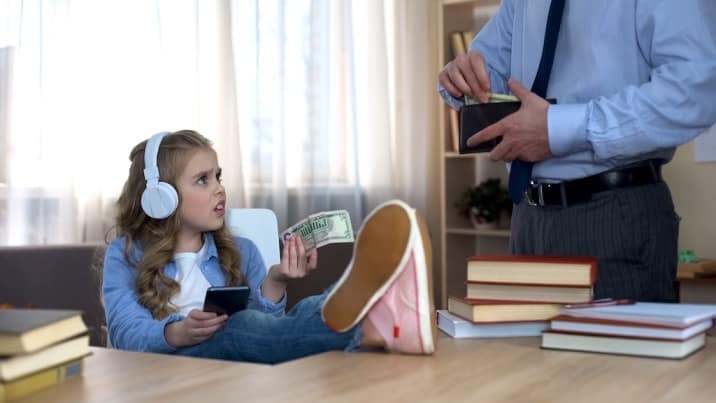
9. BEING OVERPROTECTIVE
Overprotective parents tend to be helicopter parents who hover around kids all the time solving all their problems.
They want to save kids from all the misery and want kids to be successful, but it is at the expense of not teaching kids the valuable skills to survive on their own.
Related: How to stop being a helicopter parent and be more relaxed
10. BEING BUSY
In today’s age, due to lifestyle changes and growing expenses, all of us are in a rush to make a comfortable living.
And most of the time, it happens at the expense of quality time with family.
It’s a sad reality but if we let busyness take priority in our days, we might end up with damaged relationships.
Children need to be seen, heard and listened to for them to grow up being happy.
Making strong time commitments even if it’s just ten minutes a day is enough to ensure more connection with kids.

11. NOT RESPECTING BOUNDARIES
Not respecting the privacy and boundaries of kids is another bad sign we need to look for.
As kids grow up, so does their sense of individuality. They will need space from their parents to shape their own thoughts and character.
Parents should be able to trust their kids. And their need to have space and be alone should be respected.
12. NOT SETTING RULES
Kids need to grow up with structured routines and rules to understand how to behave in society.
Giving kids unlimited screen time or letting them eat junk foods without any restrictions will lead to a lack of self-discipline in life.
Therefore, setting good boundaries can help to raise kids who become disciplined adults later in life.
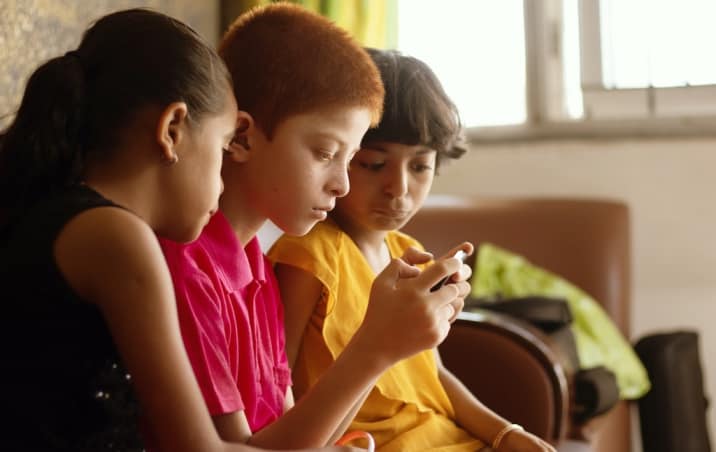
13. NOT GIVING HIM/HER A CHOICE
If you don’t let kids have their own choices, it can lead them to live with frustration.
When we don’t give choices to kids, they feel powerless. And when they don’t get the power to do what they want, they respond by showing power struggles.
Kids should be given the freedom to choose and some control over their lives. And making good choices is an essential skill they need to learn in life.
14. THREATENING KIDS
I am guilty of doing this in the past and am trying to break free from the habit by using the positive parenting techniques I have learned.
What I have found is, that these techniques work far better than threatening and are the better option in the long term.
Threatening is basically saying things like, “I will take this privilege away” or “I will not buy you this or that”, to make them comply with our requests or demands.
It is, in fact manipulating kids to make them do what we want. And that affects their sense of security.
They might feel like the love and care we show are not permanent and are based on conditions, which can create an insecure environment and anxiety.
Related: 20 worst things parents should stop saying to kids because they are psychologically damaging
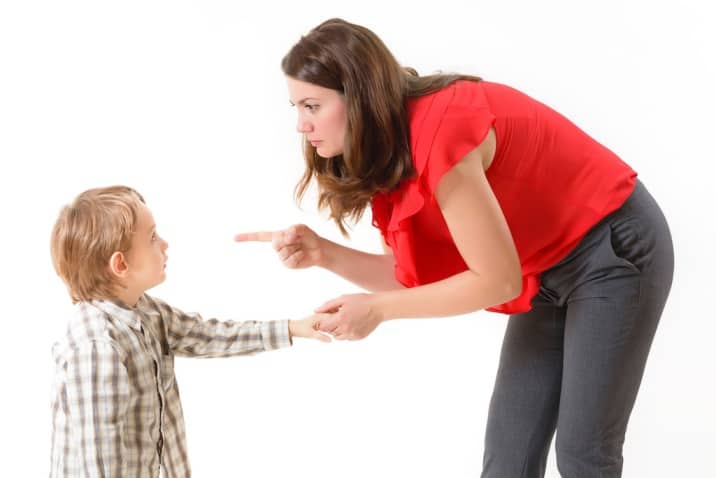
15. LYING TO KIDS
We tell white lies to kids when the truth is uncomfortable or when we want to avoid tantrums.
But there’s always a risk of kids finding out the truth and that will lead to a loss of trust in parents and promote dishonesty in kids.
Kids also will start questioning the authenticity of whatever we say to them.
Besides, a recent study shows that participants who were lied to as children were more likely to lie to their parents as adults which also causes negative developmental outcomes.
16. BEING LAZY
Though lazy parenting helps to a small degree in raising independent kids, using lazy parenting as an excuse to avoid one’s duties can be harmful to kids.
Lazy parenting includes being uninterested in spending time and energy with kids, giving kids devices to shut them up, not being willing to listen to kids because they are too lazy to deal with uncomfortable feelings and tantrums, etc.
Though most of us don’t have the energy to devote to kids all the time (and it is impossible too), setting parenting goals and identifying one’s responsibilities is important to avoid raising neglected and lonely children.
Related: 10 signs of a lazy mother and the consequences on children
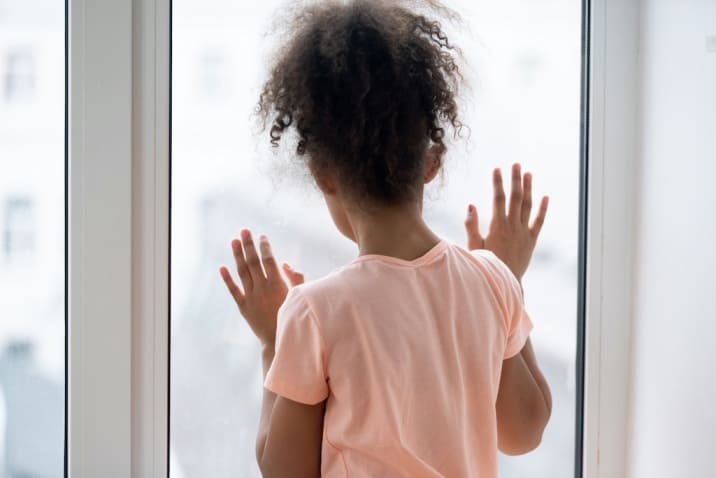
17. IGNORING QUESTIONS
Yes, I know, we all have wondered if it’s possible to go hide inside a cave when your preschooler won’t stop asking questions.
Though it’s hard, ignoring their questions is harmful to your relationship with kids.
Kids ask a lot of questions as a part of exploring their world and satisfying their curiosity. They ask questions about family and about different events happening at home and in the world in general.
Instead of shooing them away, try to patiently answer their questions so that they can feel respected and belonging as a valuable member of the family.
If you are in a situation where you cannot answer their questions, you can ask them to write them down so that you can answer them at a convenient time later.
18. SETTING BAD EXAMPLES
Parenting should help us to become better humans. One reason we exhibit bad parenting signs may be because we are still yet to improve many of our bad behaviors.
If you are a short-tempered person, or if you are addicted to bad habits, there are higher chances of kids acquiring those behaviors as they repeatedly are exposed to these behaviors.
Our children usually mirror our own personality traits or behaviors as they grow up and if you wonder how they turn out to have a particular bad behavior, it helps in analyzing our own behaviors.
Children learn a great deal from their parent’s behaviors and therefore it’s important to work on them to stop bad parenting.
Like this post? Pin and save for later!
